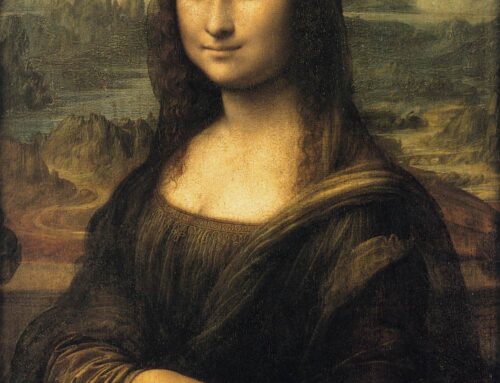Critical reason and the life of the unconscious: at what expense to our lives do we refine our reason, especially when it comes to understanding crucial matters of life and death?
A man should be able to say he has done his best to form a conception of life after death, or to create some image of it — even if he must confess his failure. Not to have done so is a vital loss. For the question that is posed to him is the age-old heritage of humanity: an archetype, rich in secret life, which seeks to add itself to our own individual life in order to make it whole. Reason sets the boundaries far too narrowly for us, and would have us accept only the known — and that with limitations — and live in a known framework, just as if we were sure how far life actually extends. As a matter of fact, day after day we live far beyond the bounds of our consciousness; without our knowledge, the life of the unconscious is also going on within us. The more the critical reason dominates, the more impoverished life becomes; but the more of the unconscious, and the more of myth we are capable of making conscious, the more life we integrate. Overvalued reason has this in common with political absolutism: under its dominion the individual is pauperized.
Carl Gustav Jung, Memories, Dreams, Reflections, trans. R. and C. Winston









Leave A Comment